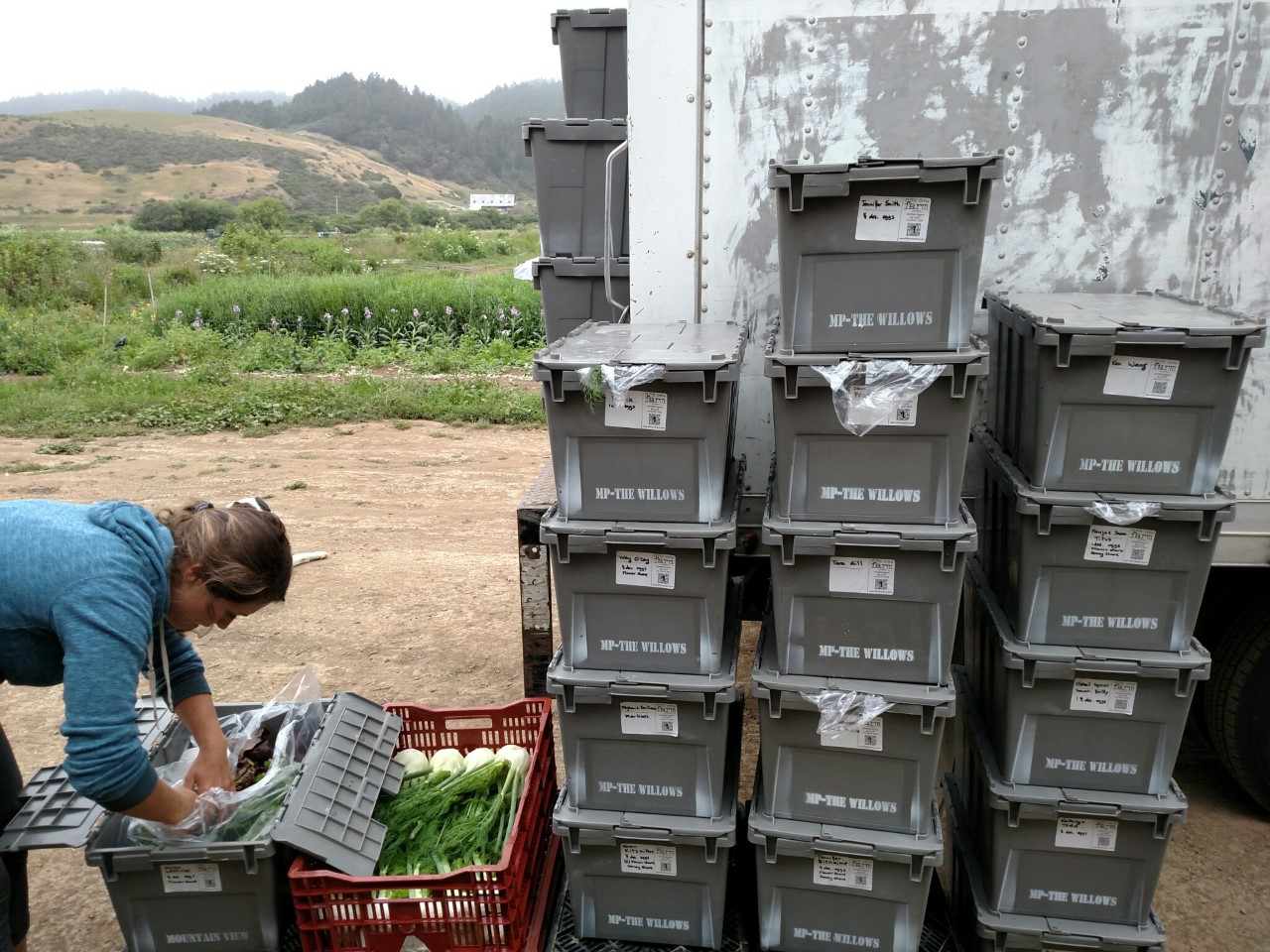We just launched our latest grants round, and this year, we increased available funding from $700K to $1.1M for projects focused on innovative approaches to preventing waste, building upstream infrastructure, and supporting local communities in Alameda County. Going beyond waste prevention, grant funding is designed to support efforts that boost resilient community food systems and address pressing issues such as food insecurity.
The six grant categories are:
- Food Waste Prevention & Recovery (up to $20,000 per grant)
- Surplus Food Donation Equipment (nonprofits only, up to $10,000 per grant)
- Community Food Systems (up to $10,000 per grant)
- Reusable Foodware ($5,000 to $50,000 per grant)
- Reuse & Repair (up to $20,000 per grant)
- Reusable Transport Packaging (up to $10,000 per grant)
Businesses, nonprofits, school districts, and institutions are eligible for funding unless noted otherwise. Applicants are encouraged to reach out to StopWaste staff to discuss proposed projects and ask questions. The last day to apply is March 3, 2023.




